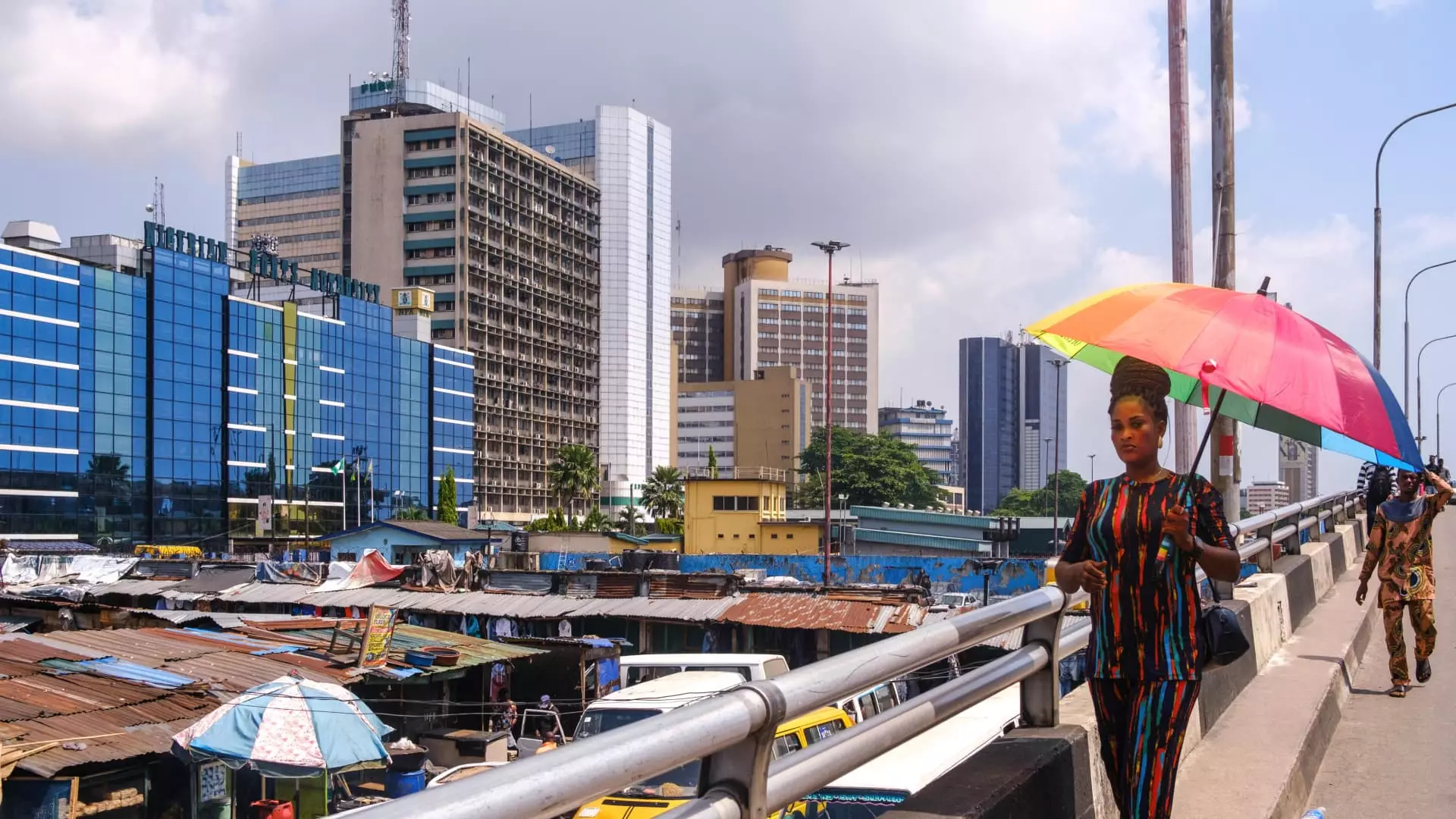The Central Bank of Nigeria recently announced a 200 basis point increase in its key interest rate, raising it to 24.75% from 22.75% as part of its efforts to counter a severe currency crisis and rising inflation. This move comes after a previous increase of 400 basis points in February, highlighting the bank’s commitment to addressing the economic challenges facing Africa’s largest economy.
Governor Olayemi Cardoso emphasized the need for continued tightening to rein in runaway inflation, which reached 31.7% in February, the highest rate since April 1996. The decision reflects the central bank’s determination to restore its credibility and combat the inflationary pressures gripping the economy.
Market Response
While some analysts expected a larger rate hike, the 200 basis point increase signals the central bank’s cautious approach to balancing inflation control with supporting economic growth. The Nigerian naira, which had depreciated by 70% against the U.S. dollar in the past year, experienced some stabilization following the announcement, trading at around 1,400 naira to the dollar.
Capital Economics anticipates further monetary tightening in the upcoming months, with additional 100 basis point hikes expected in May and July. Governor Cardoso’s focus on addressing inflation and currency volatility suggests a continuation of the hawkish monetary policy stance to stabilize the economy.
The central bank’s decision-making process revealed a divergence of opinions within the Monetary Policy Committee regarding the appropriate level of rate hikes. While doves voiced concerns about the impact of aggressive tightening on economic growth, hawks stressed the importance of restoring the central bank’s credibility and attracting foreign investment by raising real interest rates.
The ongoing measures by the Central Bank of Nigeria to combat inflation and stabilize the currency are crucial for restoring confidence in the economy. By addressing the root causes of the currency crisis and inflationary pressures, policymakers aim to lay the groundwork for sustainable economic growth and financial stability in the long term.
Overall, the recent rate hike by the Central Bank of Nigeria reflects a strategic approach to addressing the economic challenges facing the country. While the decision to tighten monetary policy may pose short-term challenges for economic growth, it is a necessary step towards restoring stability and confidence in the Nigerian economy.


Leave a Reply